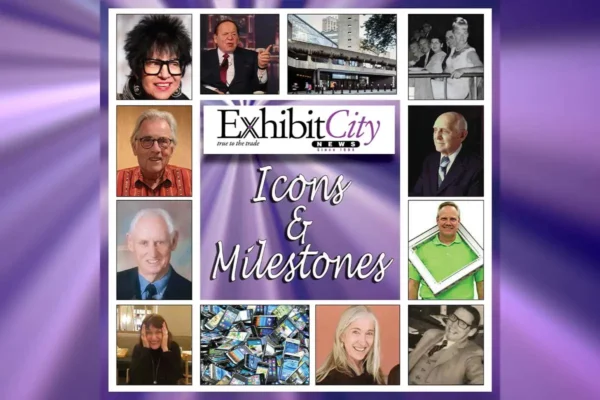“We don’t like their sound, and guitar music is on the way out.” Decca recording company rejecting the Beatles, 1962
Rejection is one of those things we all live with and we all deal with. It is also one of the basic motivators for innovation, creativity and progress.
Every once in a while, someone survives all of the naysayers, all of the experts, all of the consultants, and actually creates a terrific product, starts a new company or builds a successful enterprise.
So, to those of you who regard rejection as a stepping stone and have a never-say-die attitude despite the lack of initial support, here’s to you:
- “This ‘telephone’ has too many shortcomings to be seriously considered as a means of communication. The device is inherently of no value to us.” Western Union internal memo, 1876
- “Who the hell wants actors to talk?” Harry Warner, Warner Bros., 1927
- “There is no reason anyone would want a computer in their home.” Ken Olsen, founder and chairman of Digital Equipment Corp., 1977
- “I’m just glad it’ll be Clark Gable who’s falling on his face, and not Gary Cooper.” Gary Cooper on his decision in not taking the role in “Gone with the Wind”
- The concept is interesting and well-formed, but in order to earn better than a ‘C’ the idea must be feasible.” Yale University professor’s comments on thesis proposing an overnight delivery service by Fred Smith (eventual founder of Federal Express)
I suspect we’ve all been in these kinds of positions at one time or another in our lives. Whether it was your parent, a teacher or professor, or a business consultant, sometimes being told not to do something – or that if you did do it, it would not succeed – is more of a motivation to go out and make it happen. How you respond to the rejection says a lot about you.
Our industry is rife with folks who have started a company and built successful businesses – and industries for that matter. Look at Jack McEntee, one of the founders of a company called I&D in 1979. Not only was he one of the first to break from using show labor when he created an independent labor company, his idea grew into a vast and far-reaching exhibitor-appointed contractor industry. I wonder how many times he was told it would never work.
Just at the last show I worked, I ran into a guy I used to have on my crews who is now city manager for a labor company I had never heard of. Jack’s legacy lives on.
And look what’s happened in the exhibit house world. The last several decades have seen a tremendous number of start-ups, spin-offs, mergers and acquisitions. Someone is always looking for the next best way to do what we do. We seem to be an industry of would-be entrepreneurs.
And it’s not just about starting or buying companies. Think of all the innovation we’ve seen just in the use of materials in exhibit design. Who was the first one to stretch a piece of fabric around an extrusion? Or to create lightweight modular wall panels?
Think of all the creative uses of materials and the innovative use of technology that we have seen in our industry in recent years. From televisions to plasma monitors to monitor walls to touch screens to LED technology, and from business cards to badge scanners to RFID to iPads.
Consider how many of those ideas may have been rejected when first presented; how many times they may have been told their idea would never work. It truly is the creativity, innovation and passion within us that drives us past those that would say, “We don’t like their sound.”
See you on the show floor.
Jim Obermeyer has been in the trade show industry over 30 years, both as a corporate trade show manager and exhibit house executive. He is a partner at Reveal, a trade show marketing firm. He can be reached at jobermeyer@revealexhibits.com





























